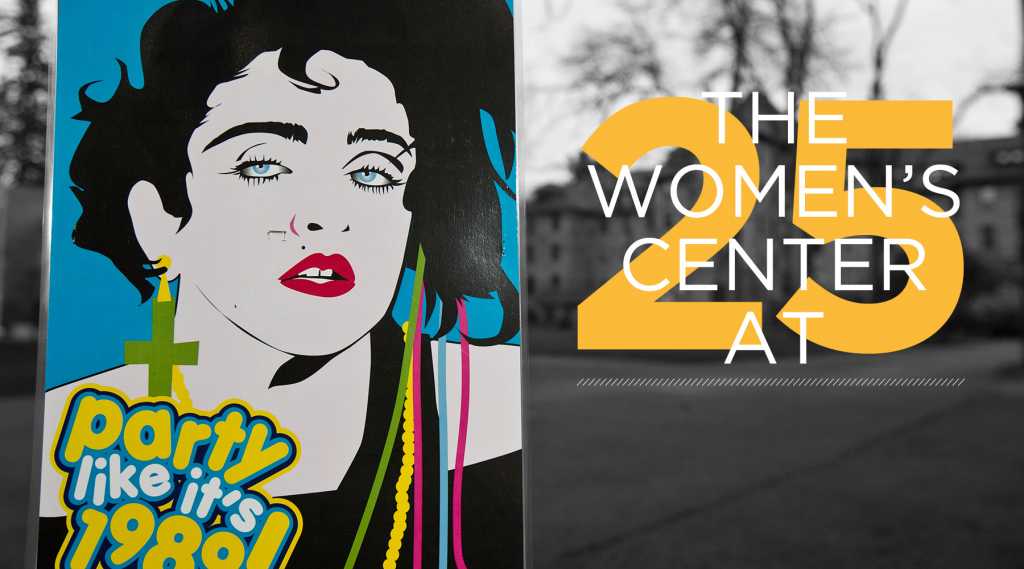Page 505 • (5,137 results in 0.084 seconds)
-
data in which recorded demographic characteristics or descriptions of specific incidents could easily lead to the recognition of the individual respondent are not anonymous. Confidentiality >>>Confidentiality means that the investigator knows the identity of the participant but will not share this information. Names and identifying information are protected (i.e., stored separately from the data). Any exceptions must be explained in the consent document. Current Consent TemplatesCurrent Consent
-
characterized using a variety of instruments: 1H NMR, 13C NMR, FT-IR, and GC-MS. Fani Del Toro; Rhonwyn FlemingIodine takes the lead: Efficient synthesis of carbostyril 124 Carbostyril 124 is an important compound in medical research due to its fluorescent properties which improve the detection limits of small biological compounds. This characteristic leads to various biomedical applications such as DNA and RNA detection. Based on literature reports of the synthesis of a related class of dyes called
-
guys who were bigger, better and faster than I was. After one season of mostly bench time, I turned it over to them and they did very well. During that first year, our class was the last to experience PLU going to the national NAIA tournament at Kansas City, which happened in nine out of the ten years from 1955 through 1964. Those five guys then helped lead PLU to three solid years, including an Evergreen Conference championship in 1967, our senior year. A prior ResoLute article (by Tim Sherry, ’67
-
investments that could lead to more efficient operations and savings. Expand the use of software to automate some processes and accomplish work more effectively. Plan and initiate a sustainable campaign cycle, driven by university strategic planning, that generates mission-critical opportunities for investment and engagement, builds collaborative partnerships for impact and accomplishes campaign goals in an ongoing manner. Build campaign readiness through targeted relationship development and conduct
-

with the larger university community. I had made several attempts to do so but to no avail. I shared that desire with a faculty member in the Sociology Department, Dan Renfrow. Dan is no longer teaching at PLU, and I am sure has no idea the chain of events he put in motion by suggesting that I contact the Women’s Center about potential volunteer opportunities. I met with the Director at that time, Bobbi Hughes, and after asking me about my experience and my interest in the Center, she shared her
-
three years of teaching at Mt. Holyoke College in Massachusetts. Under Sparks, the touring tradition of the Choir of the West continued with notable tours of the East Coast in 1986 (concerts in Minneapolis, Boston, New York, Philadelphia, Washington D.C., North Carolina, and Florida), England in 1988, Japan and China in 1991, Scandinavia in 2001, and many tours down the I-5 corridor and in the Northwest. One of the first big productions under Sparks was the first performance in the northwest of
-
workshop and clubhouse where students drop in and test out ideas, improvise and hone their craft. It is evident, too, when speaking with PLU Assistant Professor of Theater Amanda Sweger, who begins her second year at PLU teaching theater lighting and design. It is clear she looks at this type of collaboration in the same way a natural science professor in Rieke Science Center might look at a student–faculty research project. It is for this reason Sweger is so quick to let the students learn the light
-
working pets Classrooms and instructional facilities only when pets or demonstration animals are used by faculty members for teaching purposes Resident Director apartments in accordance with the guidelines set forth by Residential Life Restricted Areas Pets are not allowed in locations or situations other than those noted as allowed in the previous section. Such areas of campus where pets are not allowed include: Areas that are open to the public and commonly used, such as libraries, foyers, bathrooms
-
workshop and clubhouse where students drop in and test out ideas, improvise and hone their craft. It is evident, too, when speaking with PLU Assistant Professor of Theater Amanda Sweger, who begins her second year at PLU teaching theater lighting and design. It is clear she looks at this type of collaboration in the same way a natural science professor in Rieke Science Center might look at a student–faculty research project. It is for this reason Sweger is so quick to let the students learn the light
-
University, Portland State University, Western Kentucky University, and Columbus State University in Georgia as well as a frequent adjudicator for contests in the Northwest. She is currently serving as the Assistant Program Chair for the 2017 National Flute Association Convention in Minneapolis. She has won prizes in competitions sponsored by the National Flute Association, the Texas Flute Society, the Albuquerque Flute Association, and the Washington, DC Flute Society and has performed at Carnegie Hall
Do you have any feedback for us? If so, feel free to use our Feedback Form.


